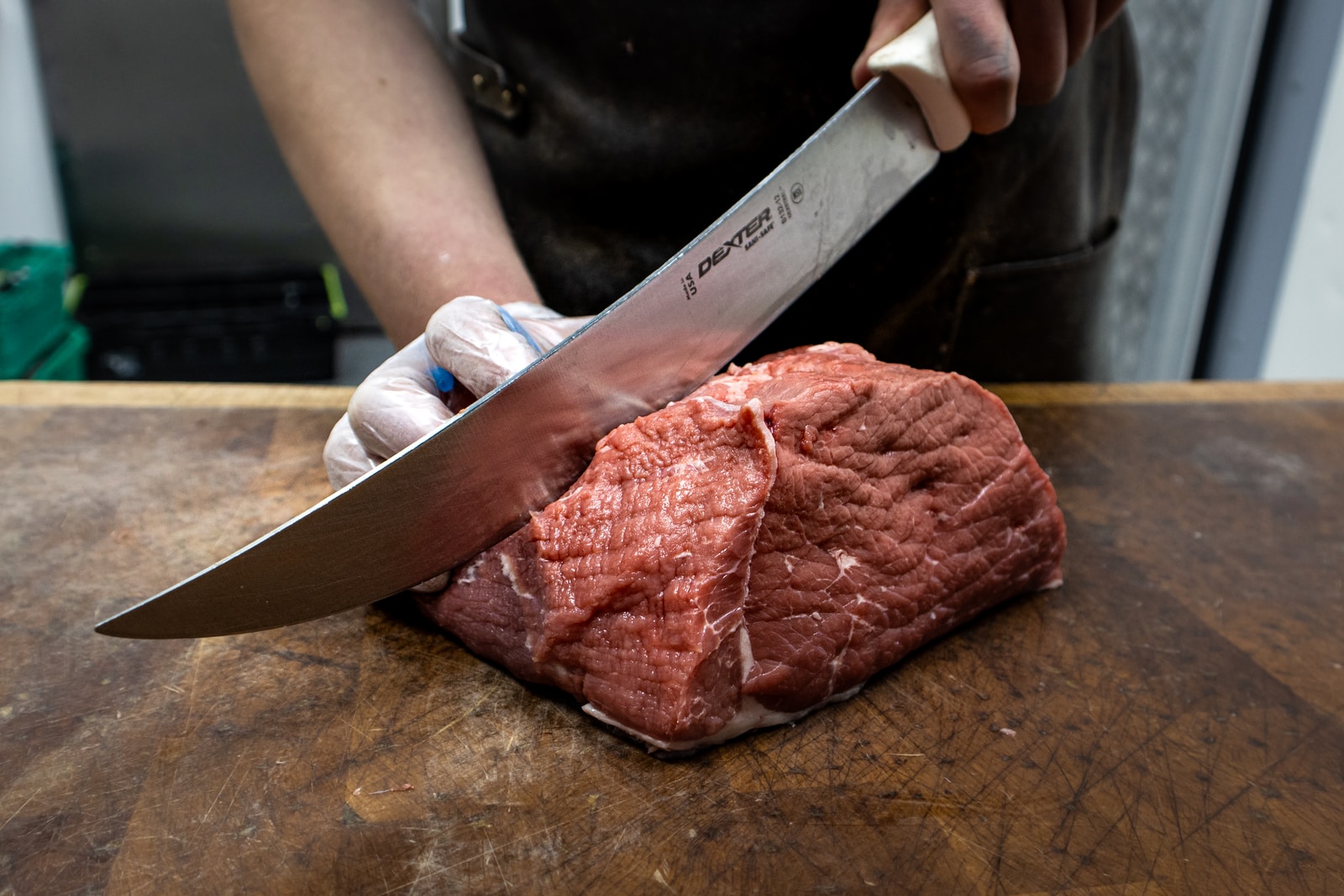
Janet Taylor
MSc (Nutr. Sci)
Janet has two completed PhD projects in Nutritional metabolic (Medical) science. She is passionate about food, farming and human health.
With our farmers getting a bum steer, it’s worth noting some flaws in current food arguments. Animal products are nutrient-dense foods with an efficient nutrient ratio per hectare, unlike a plant-only diet and its relationship to land and water use.
Let’s focus on beef and the way meat is not a proxy for protein. A plant-based diet argument for environmental gain uses protein as comparison to deflect from the fact that in order to replace the nutrients provided in animal products, a vast amount of land and water, pesticides and human labour are required for health equivalence.
I say health equivalence since we cannot measure wellness, only dietary nutrient adequacy. The RDIs (recommended dietary intakes) we use to determine health are international, science-based estimates of what we need from food for our biological function (disease prevention), and they form the basis of Ministry interpretations as food guidelines. But in suggesting meat is harmful and vegan diets support environmental best practice, science is nowhere to be seen.
Nutritional science is not exact, since our bodies adjust the absorption and excretion of nutrients to suit food intake and body requirements, but we know the consequences of deficiencies and excesses. It is not a social science, but biochemistry.
We can therefore measure the human nutrient gains of raising animals in an environmentally responsible manner, without referring to farming as purely a protein harvest.
Overseas, meat has become so valuable that prime restaurant cuts are kept under lock and key. This is not because of the customer taste sensation but a reflection of the valuable nutrients needed for life contained in the food, like the B vitamins thiamine and riboflavin shown here, and the minerals iron and zinc.

We also see that almost half the fat in meat is monounsaturated, no different to olive oil. And if we added a slice of the fat from an animal that had been grazing contentedly outside on our rolling hill country, not only the energy content of the food but also the fat-soluble vitamin (vitamins A and D) content would increase.
Raising and feeding an animal, the years of care and service a farmer invests in our food, is devalued when we don’t recognise the disease-prevention power of our primary industry.
We see statements in the media that assert the environmental righteousness of vegan diets, without being underpinned by actual facts. It is claimed that meat causes cardiovascular disease and death when nothing but loose population statistics and a dietary questionnaire are employed.
The variables we use to determine health and environmental responsibility have so far been dominated by sociology, not biological facts. Whimsical variables have been created to produce a desired ideological outcome. The farmers will be nudged away from the healthiest lifestyle on our planet if we’re not careful.


